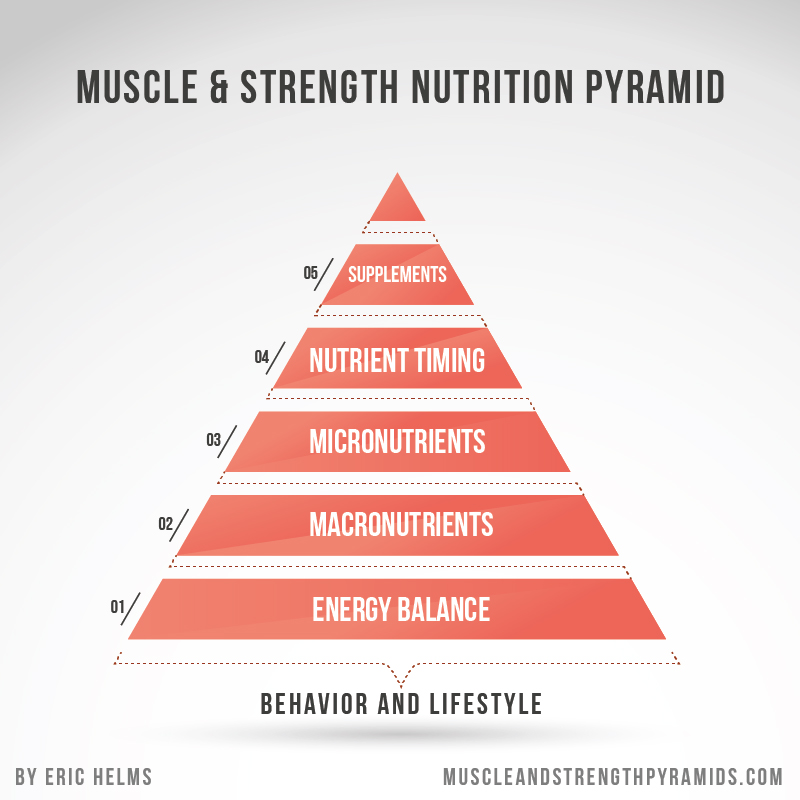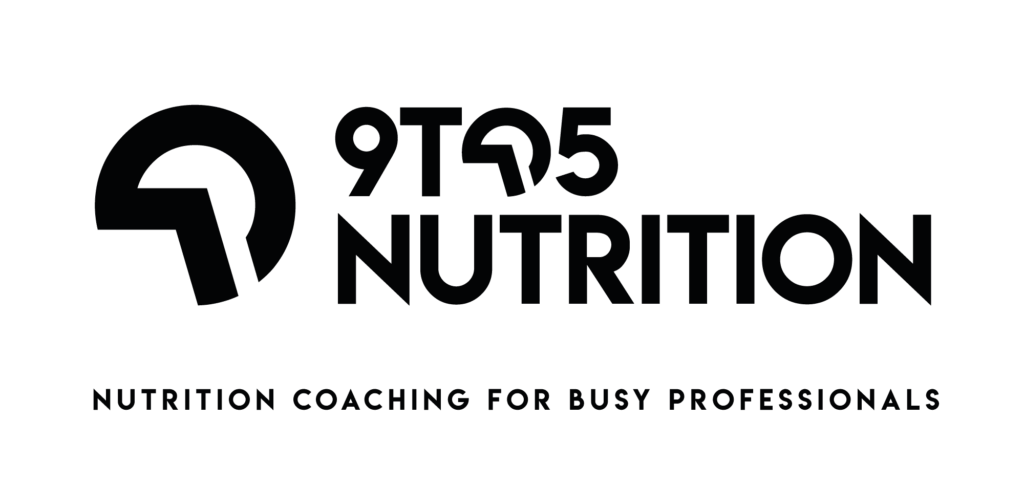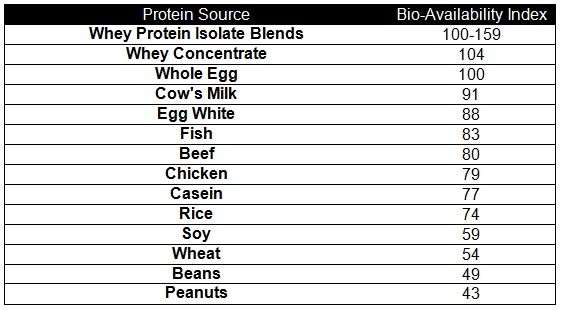- How Much Weight Can You Realistically Lose in 3 Months? - January 14, 2024
- How To Lose 1kg a Week (Guaranteed) - August 20, 2023
- How To Count Calories (or Estimate) and Stay on Track When Eating Out at Restaurants - July 25, 2023
The truth is, it doesn’t make a huge impact WHEN you take protein, the most important thing is that you are getting an adequate amount of protein overall throughout the day based on your current body weight and your goal.
There may be a small benefit in taking in some protein after your workout if your goal is hypertrophy (muscle growth), but unless you’re getting in an adequate amount of protein overall this won’t make any difference
SHOULD YOU HAVE PROTEIN AFTER YOU WORKOUT?
Conventional wisdom dictates that you should eat 20g of whey protein immediately post-workout, ideally in the form of a shake, to ‘maximize the anabolic window. The theory is that at this point, your muscles are primed to absorb as much protein as possible and maximize muscle growth.
The reality is however that this isn’t strictly necessary.
This narrow anabolic window doesn’t really exist, and protein timing isn’t all that important when it comes to building muscle.
This 2013 meta analysis looked at 23 different studies relating to protein timing and found no correlation between protein timing and muscle hypertrophy (growth)
“controlling for all covariates… no significant differences were found between treatment and control for strength or hypertrophy”
So the ‘anabolic window’ and the assumed requirement for protein directly after a workout are largely unfounded.
WHAT ABOUT BEFORE YOU WORKOUT?
If it’s a good idea to have a protein shake after you work out, then surely having one before would be beneficial too, since you’d already have protein in your system when MPS, or muscle protein synthesis (the process of converting dietary protein into muscle tissue)
Not so much.
This 2017 study carried out on two groups of men doing full-body workouts found that consuming 25g of protein pre-workout had exactly the same effect as consuming the same amount post-workout.
“Results showed that pre- and post-workout protein consumption had similar effects on all measures studied”
So, timing your protein around your workout, either before or after isn’t necessary…
Does that mean you don’t need protein at all? What part does it play in building muscle?
Protein is of course important, but the key factor is the total amount of daily protein.
TOTAL DAILY PROTEIN INTAKE
The previously referenced meta analysis showed that
“consuming adequate protein in combination with resistance exercise is the key factor for maximizing muscle protein accretion”
Thankfully, this simplifies things for most of us. All we need to do is focus on the workout itself, and give the muscles the trigger to grow using the progressive overload principle, as well as eating a specific amount of protein each day.

So, no blind panic required if you forget to bring your protein shake to the gym.
So how much protein should you have per day?
Given that the total amount of daily protein consumed is the most important factor, let’s look at how much protein you should be getting based on your goal;
PROTEIN INTAKE FOR GAINING MUSCLE
While the timing might not be important, we still need to get enough protein over the course of a day to make new muscle and prevent existing muscle from breaking down.
Ideally, we want to get several protein servings per day, ensuring that we stimulate muscle protein synthesis several times, with a minimum of 20g of protein at each serving.
This paper by ACSM suggests that the ideal level of protein intake for people wanting to gain muscle is between 1.2-1.7g per pound of bodyweight
“To increase muscle mass in combination with physical activity, it is recommended that a person that lifts weights regularly or is training for a running or cycling event eat a range of 1.2-1.7 grams of protein per kilogram of body weight per day”
This meta analysis broadly agrees, stating that;
“1.6 g/kg/day or as high as 2.2 g/kg/day, appears to be the most influential factor to consider when optimizing muscle mass accretion with resistance exercise is the goal”
PROTEIN INTAKE FOR GAINING STRENGTH
Strength and hypertrophy are of course inextricably linked.
To some degree, you can’t build strength without hypertrophy and you can’t stimulate growth without increasing strength,
Therefore the recommendations for strength and hypertrophy should be the same or at least similar to the recommendations for gaining muscle mass, this study states that;
“the current recommendations for protein intake in elite athletes undergoing caloric restriction is 1.6–2.4 g protein/kg/day”
PROTEIN INTAKE FOR LOSING WEIGHT
If you’re trying to lose weight, your first priorities are likely to be increasing the amount of exercise you do and reducing your calorie intake. Both very sensible things to do, and increasing your protein intake might not be the first thing that crosses your mind, but protein is very good for weight loss for a number of different reasons
- Protein promotes satiety (the feeling of fullness) more so than carbs or fat
- Digesting protein burns more calories than carbs or fat do
- Protein helps to build and maintain muscle mass which will keep your metabolisn higher and generally just make you look better!
Indeed, this study split ninety overweight or obese people in two groups and gave one a high protein diet (1.4g per Kg of body weight), and one a carbohydrate diet. The group eating the higher protein intake lost more weight than the high carb group.
WHEY PROTEIN SHAKES VS ‘REAL’ FOOD
So we know that specifically timing your protein before or after your workout isn’t strictly necessary, and rather it’s the total amount of daily protein you eat that really matters. But does it matter if that protein comes in the form of a shake or food?
Also no.
Although we can technically say that protein shakes do ‘work’ , this statement comes with several caveats. There is nothing magical about protein shakes, despite all the flashy marketing. Protein shakes are simply milk powder with most of the fat extracted, so there’s no ‘secret’ ingredient that will build muscle any more efficiently or quickly than say, a chicken breast or a steak.
It is worth noting that whey protein is a high-quality protein source, i.e. it has high bioavailability (the amount of protein that can be absorbed). Other high-quality protein sources include meat, fish, eggs and dairy, it is important to be aware of this when discussing whey protein vs ‘real food’ sources because whey is superior in many ways to lower quality, incomplete proteins like rice, beans, and peas.
The big advantage of protein shakes is that they are a very convenient and very cheap way to get extra protein in your diet, especially if you’re on the go.
So my recommendation would be to have some whey protein in your kitchen cupboard, ready for those situations when your protein intake is otherwise low, or you need a quick, easy high protein snack on the go.
My recommendation is My Protein Impact Whey; they have a ton of flavours and there are always deals on so you can pick up their stuff pretty cheap. If you want to know the best My Protein flavours, I’ve written an entire article on it!
SUMMARY
For the vast majority of people, getting in a minimum of 1.6g of protein per kg of body weight per day is going to be sufficient, regardless of what your goal is.
This DOESN’T need to be within a certain period of time before or after you work out, but having at least some protein within a few hours of training is probably a good idea.
Use whey protein shakes for convenience and cost but they’re NOT essential!
REFERENCES
Pre- versus post-exercise protein intake has similar effects on muscular adaptations: https://www.ncbi.nlm.nih.gov/pmc/articles/PMC5214805/
The effect of protein timing on muscle strength and hypertrophy: a meta-analysis: https://www.ncbi.nlm.nih.gov/pmc/articles/PMC3879660/
PROTEIN INTAKE FOR OPTIMAL MUSCLE MAINTENANCE: https://www.acsm.org/docs/default-source/files-for-resource-library/protein-intake-for-optimal-muscle-maintenance.pdf
Recent Perspectives Regarding the Role of Dietary Protein for the Promotion of Muscle Hypertrophy with Resistance Exercise Training: https://www.ncbi.nlm.nih.gov/pmc/articles/PMC5852756/
Protein Recommendations for Weight Loss in Elite Athletes: A Focus on Body Composition and Performance: https://journals.humankinetics.com/view/journals/ijsnem/28/2/article-p170.xml
Whey Protein but Not Soy Protein Supplementation Alters Body Weight and Composition in Free-Living Overweight and Obese Adults: https://academic.oup.com/jn/article/141/8/1489/4630526


Leave a Reply